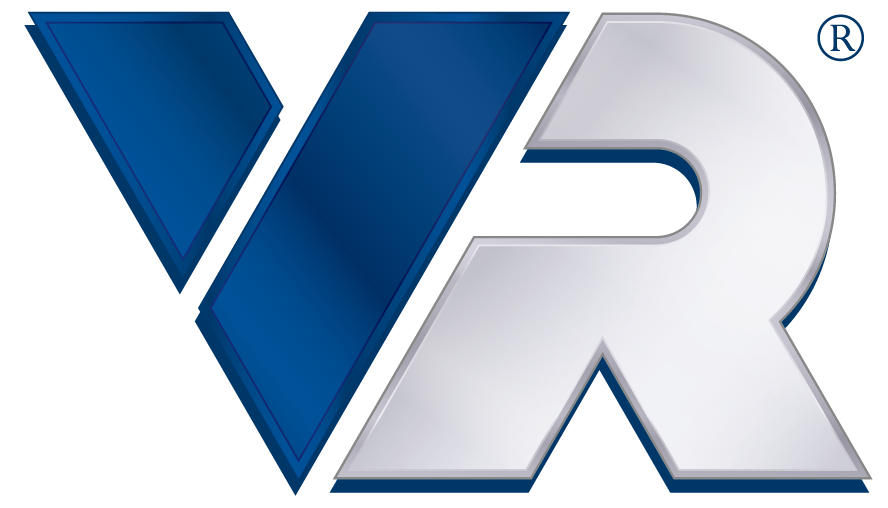A merger occurs when one corporation is combined with and disappears (or merged) into another corporation. All mergers are statutory mergers since all mergers occur as specific formal transactions in accordance with the laws, or statutes, of the states where the companies are incorporated. The post-transaction operations or control of a company has no relevance on whether a merger has occurred or not.
An Acquisition is a process wherein the stock or assets of a corporation are acquired by a purchaser. The transaction may take the form of a stock purchase or an asset purchase.
An Acquisition is a generic term used to describe a transfer of ownership. The merger is a distinctive, technical term of a particular legal procedure occurring after an acquisition.
A Leveraged Buyout (LBO) is a transaction whereby a company’s stock or assets are purchased largely with borrowed money, resulting in a new capital structure consisting of a high percentage of debt secured by the assets of the acquired entity.
An Earnout is a method of compensating a seller based on the future earnings of a company. It is the contingent portion of the purchase price. A common type of earnout provides for additional payments to a seller if the earnings exceed agreed-upon levels. Another type of earnout may provide that certain debt given to the seller as part of the acquisition price be paid out early if earnings exceed agreed-upon levels.
There a three general types of transactions in the acquisition of a business; Asset Purchase, Stock Purchase, and Merger.
The acquired company transfers the assets of the business to the purchaser. These could include equipment, inventory, and real estate, as well as intangible assets such as contract rights, leases, copyrights, patents, trademarks, etc. The acquired company executes the specific types of documents necessary to transfer the assets, such as deeds, bills of sale, and assignments. This type of transaction generally contains tax attributes favorable to the buyer.
The seller transfers the shares in the acquired corporation to the purchaser in exchange for an agreed-upon payment. A Stock Transaction is appropriate when tax costs, risk considerations or other issues surrounding an asset transaction make a Stock Sale more appealing to the parties.
VR M&A fills the void that exists between general business brokerage and the investment banking community. Specializing in transactions valued between 2 and 15 million dollars, VR M&A provides it clients with access to a network of highly trained professionals that, by virtue of being part of the VR network, have the resources required in this specialized market. VR Mergers & Acquisitions has forged strategic alliances with the world’s top investment banking firm, enabling us to provide our clients access to a lucrative network of qualified, professional buyers worldwide.
It is our job to orchestrate process of buying and help you achieve your goal.
Please contact us with any questions and or need of assistance.


